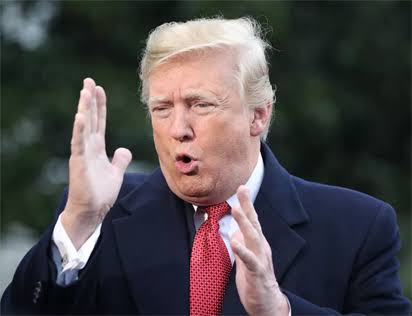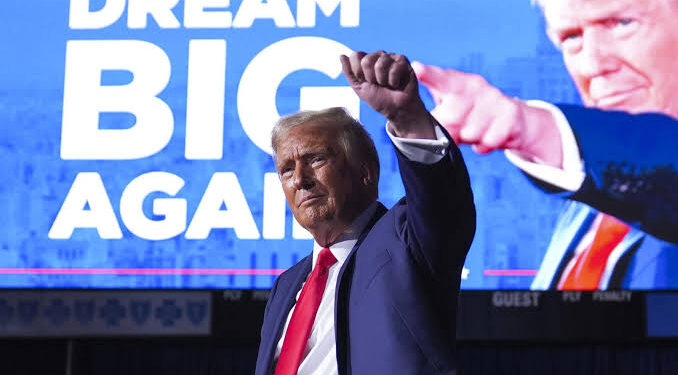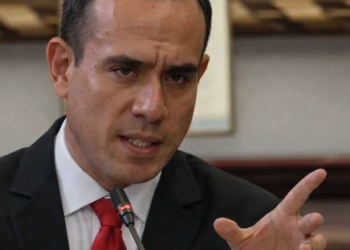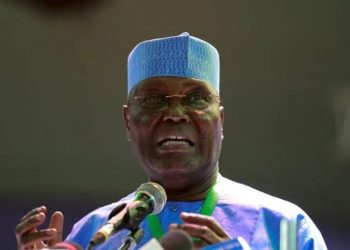The recent postponement of former President Donald Trump’s trial has once again thrust the legal and political implications of convicting a U.S. president into the spotlight. Before his election victory, Donald Trump faced multiple legal challenges, including allegations of involvement in the January 6 Capitol riots, mishandling classified documents, and the infamous hush money case, for which he was convicted.
However, since winning the election, all convictions and legal proceedings against him have been delayed. This delay raises a vital and critical question: how can a sitting president be held accountable under the law?
Why Was the Sentencing Postponed?
Trump was convicted of 34 felony fraud charges in May, with sentencing initially set for November 26—just weeks before his inauguration as president in January 2025. However, Trump’s legal team has sought to dismiss the conviction, arguing presidential immunity and claiming that sentencing would interfere with his duties as president.

The Manhattan District Attorney, who led the prosecution, is pushing back against these claims, asserting that accountability should not be delayed despite Trump’s return to office. While the DA is determined to uphold the conviction, he has acknowledged the unprecedented constitutional issues at stake, suggesting the possibility of postponing sentencing until after Trump’s presidency ends in 2029.
Justice Merchan, presiding over the case, has ordered Trump’s lawyers to file their dismissal arguments by December 2, with prosecutors expected to respond by December 9. The court will not entertain further replies from either party after these deadlines. This timeline signals a high-stakes legal battle that could shape not only Trump’s presidency but also broader questions of presidential accountability.
The Challenge of Convicting a Sitting President
The U.S. Constitution provides a framework for holding presidents accountable, but the practicalities of convicting a sitting president are fraught with challenges. Convicting Trump, or any president, carries immense political consequences and constitutional implications, particularly when the defense invokes presidential immunity.
Trump’s lawyers argue that sentencing him while in office would interfere with his ability to perform presidential duties, setting a contentious precedent. If the court ultimately agrees, it could strengthen the perception of immunity for sitting presidents, potentially undermining accountability mechanisms in the U.S. legal system.
Furthermore, public opinion plays a pivotal role. Convicting a president without broad public support could risk political unrest and erode trust in judicial institutions. The stakes are even higher given Trump’s polarizing influence and the deeply divided nature of American politics.
Historical Context: Uncharted Territory
The U.S. has no precedent for convicting a sitting or former president in criminal court. While Richard Nixon faced possible impeachment for his role in the Watergate scandal, he resigned before proceedings could conclude. Bill Clinton and Andrew Johnson were impeached by the House but acquitted by the Senate.
Trump’s case is even more unique. As the only president impeached twice—and acquitted twice—his legal troubles now extend beyond the political realm into untested constitutional territory. This makes his current case a historic test of the balance between presidential authority and the rule of law.
Broader Implications for the Legal System
The outcome of Trump’s case could have far-reaching consequences for the U.S. legal system. If the court sides with Trump’s claims of immunity, it might establish a precedent that shields sitting presidents from criminal accountability. On the other hand, proceeding with sentencing could signal a landmark shift in how the U.S. addresses presidential misconduct.
The stakes extend beyond Trump himself. This case will likely influence how future administrations interpret the boundaries of presidential immunity, accountability, and the separation of powers.
The Bottom Line
The delay in Trump’s sentencing highlights the legal and constitutional challenges of holding a sitting president accountable. While his legal team’s arguments for immunity could shield him for now, the broader implications of this case could redefine presidential accountability in the U.S.
As the court prepares to address these unprecedented issues, one thing is clear: the resolution of Trump’s case will shape the trajectory of U.S. democracy, setting a precedent for how the nation balances the power of its leaders with the principle that no one is above the law.

















